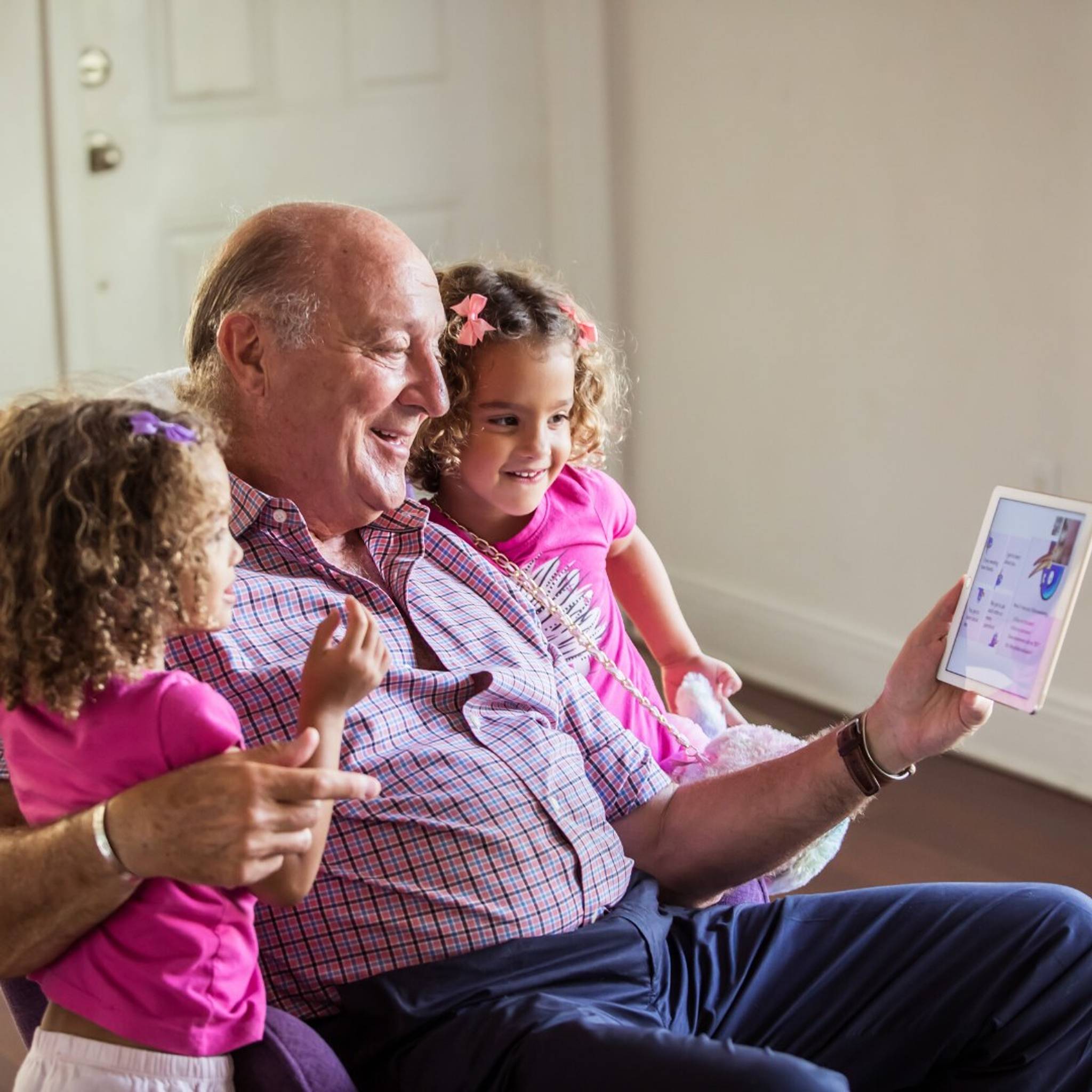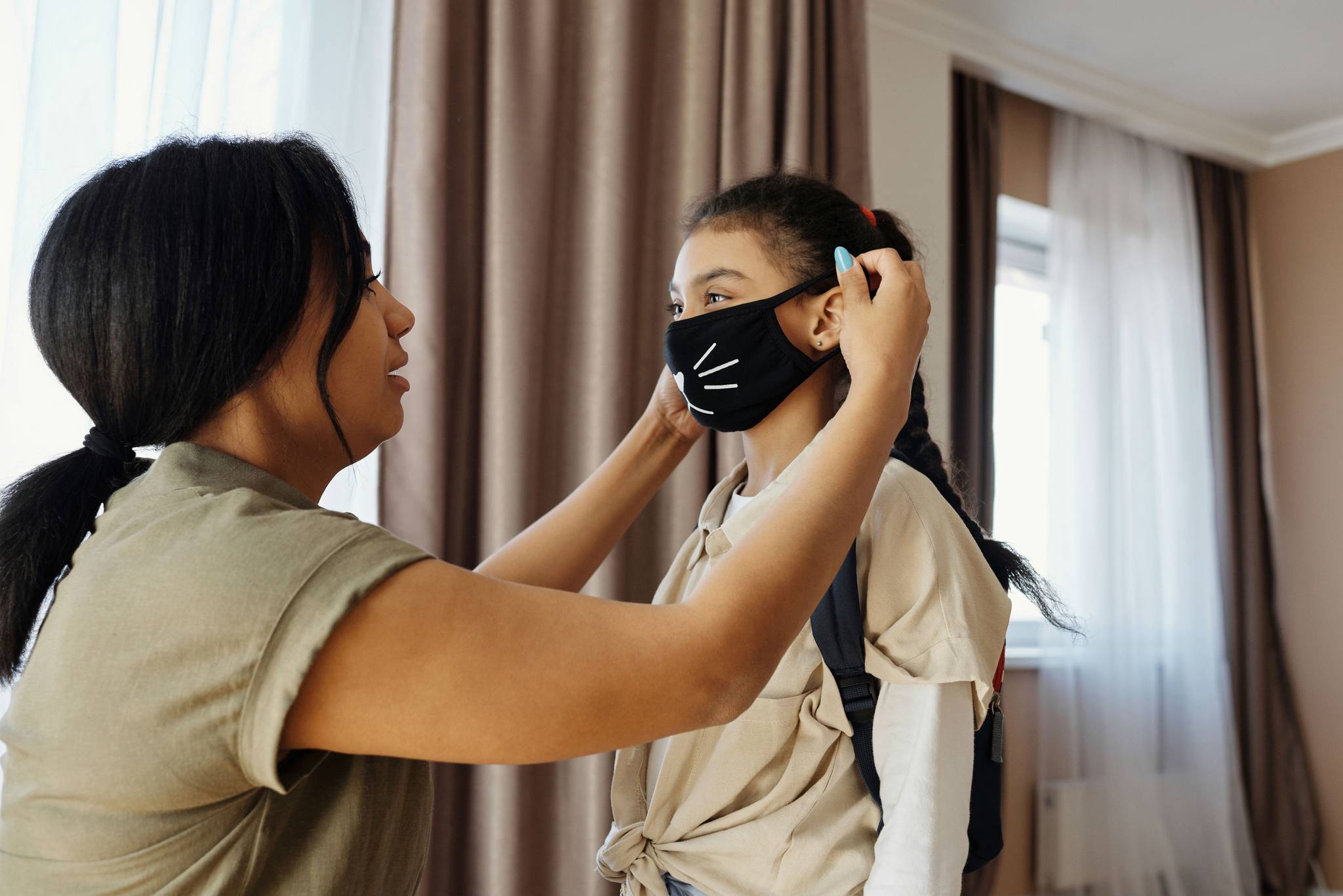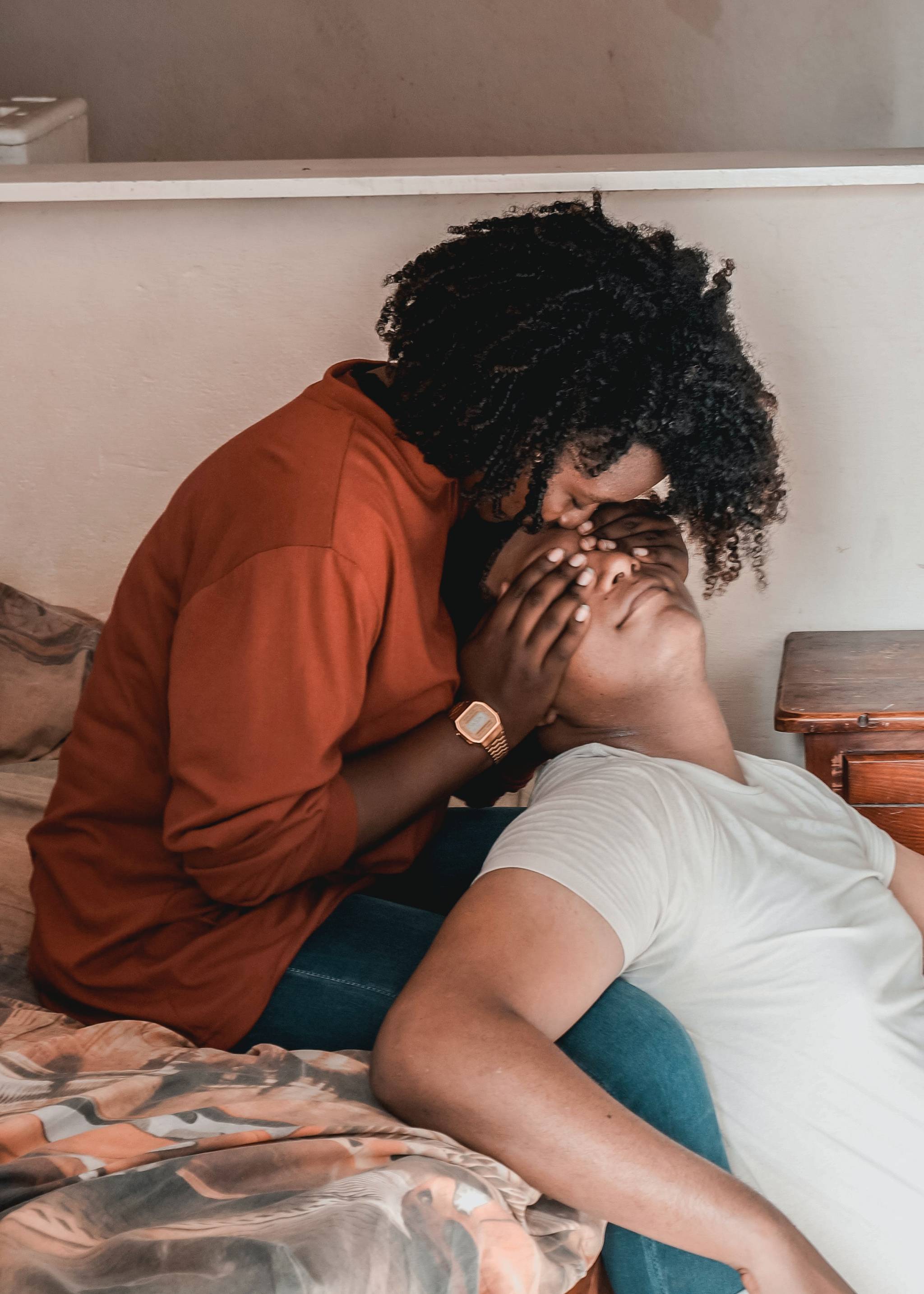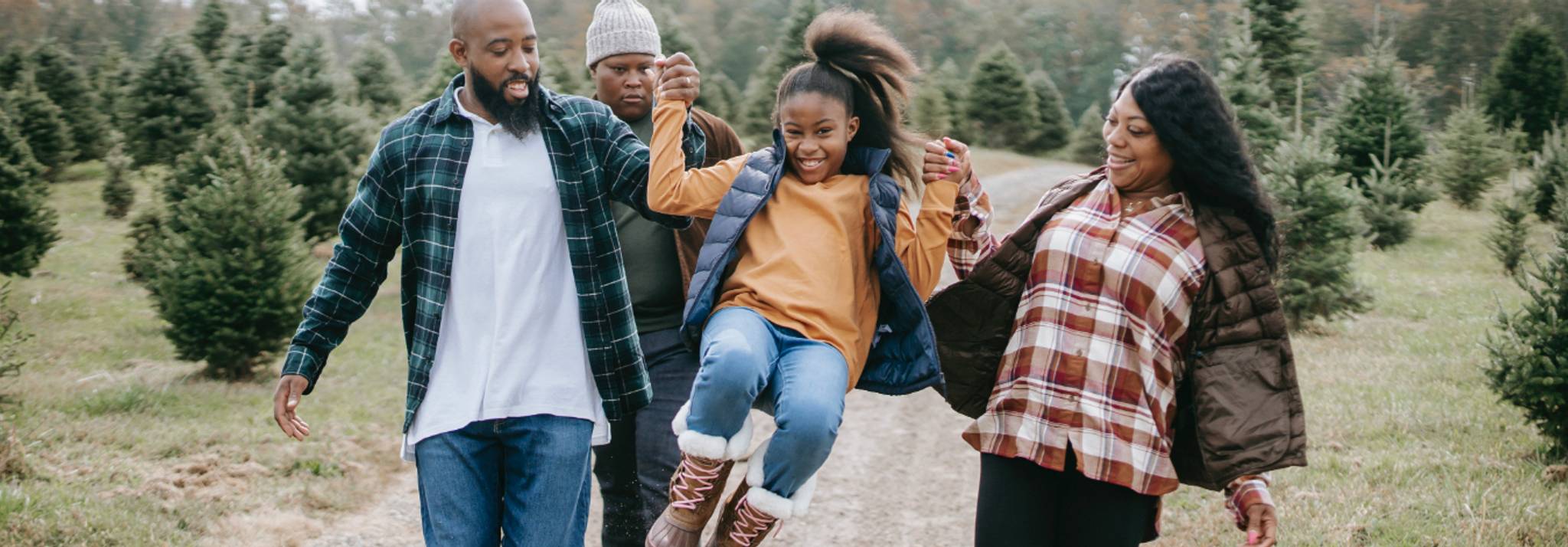
How has the pandemic affected intimacy? Why are people going off open-plan design? And will remote-working trigger an urban exodus? In our 2021 Expert Outlook report, we speak to three experts about the forces set to shape our homes and relationships in the year ahead.
As the outbreak of COVID-19 forced people to shelter in place, the pandemic opened new doors of possibility for the home space: kitchens became classrooms, bedrooms doubled as yoga studios, and living rooms were the centre of the Saturday night pub quiz. The events of 2020 have radically reshaped how we think about our homes and the people within them – in September 2020, 57% of Britons said that their home has become even more important to making their lives better since the spring lockdown.
But home life hasn’t been a source of solace and refuge for all – the pandemic has brought to light stark inequalities in people’s living situations.
So what will the Home and Relationships landscape look like in 2021? We spoke to three experts to find out. Sociologist Dr. Katherine Twamley unpacks the impact of the pandemic on family relationships; environmental psychologist Lily Bernheimer hails the end of open-plan home design; and sociologist and demographer Dr. Philip N. Cohen discusses life-planning in the context of widespread uncertainty.
Read an excerpt below:
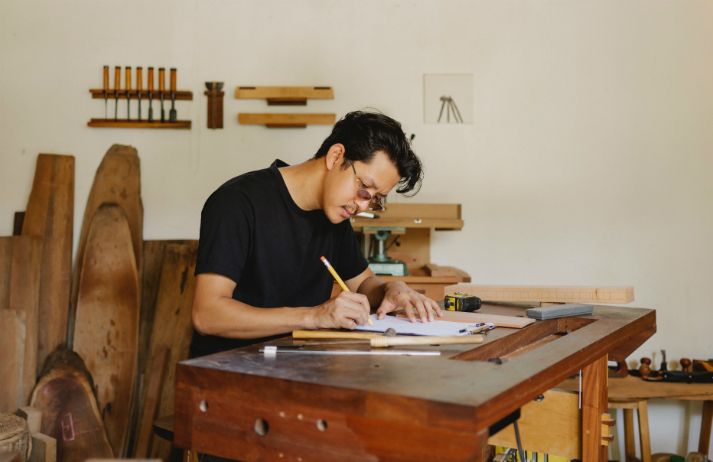
Sweet Separation
Designers will favour smaller, cosier spaces that separate work from leisure
Lily Bernheimer is an environmental psychology consultant and director of Space Works Consulting
In the year ahead, achieving a sense of separation between the myriad, competing new uses of home space will be front-of-mind for home designers. We’re already seeing a huge backlash against open-plan living, which has been a formidable trend in interiors for a number of years. It’s reported that 67% of UK dwellings built since 2003 have open-plan living and dining areas. Now, people are investing in partitions such as bookshelves, plants, and screens to create a more closed-off feel to these open spaces, segregating areas they use for work from those they use to relax. As people come to realise the psychological disadvantages of working from the bedroom, we’re likely to see people seek out smaller, cosier spaces designated solely for sleep and relaxation, rather than large master bedrooms. On the whole, there’s an increased desire for domestic space, which serves as an interesting counterpoint to the popularity of tiny homes. Where this can’t be achieved, people are looking for innovations that create distinctions between the remote-working environment and the home space.
By ruling out most opportunities for travel, the pandemic has prompted people to refocus on their local areas. Physically and psychologically, people have been a lot more rooted in where they live, and have come to recognise the importance of having all their daily needs met within their local environment. As people register the benefits of suburban and rural lifestyles, we’re seeing a mass movement away from denser urban areas in major cities such as London, New York, and San Francisco. But I don’t see this as the downfall of cities – it’s more likely to bring about a rejigging of priorities when it comes to city life. There’s a growing desire to live in communities where amenities such as shops, social venues, and natural areas are only a short walk away. People don’t want to rely on cars or public transport to get around every day. This is an opportunity to think about how we can make better 15-minute cities – or walkable communities – both in urban and suburban environments, to ensure that the local environment is much better equipped to support our needs on a daily basis.
Want to know more about the future of Home and Relationships? Download the report Expert Outlook 2021: Make Believe now.

